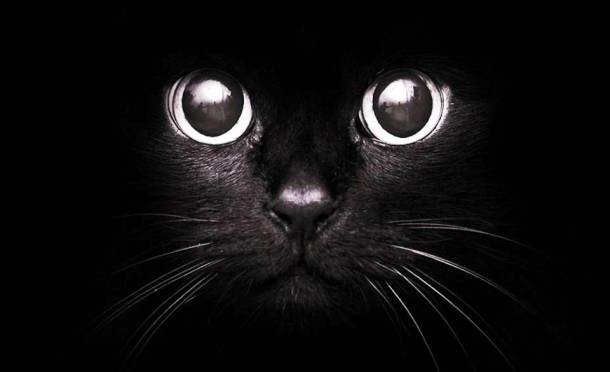Now I’ve got that said, I’d like to reflect on an increasingly widespread – and personally troubling – disorder in our society that I refer to as Worried Mummy Syndrome™. This syndrome manifests itself through passionate, often vociferous support of things that have no proven science to support them. It’s also a condition not suffered exclusively by mothers.
Homoeopathy, crystals and amber-bead teething rings, hyperactivity and sugar consumption, radiation from Wi-Fi routers and cellphone towers, autism from vaccination, fluoride in drinking water, genetically-modified foods, “super” foods, “natural” medicines, magnetic woollen bed underlays and many other sources of remedy or outrage contribute to this syndrome.
As a kid growing up I had a Grandma who was superstitious about things like black cats crossing her path, accidentally spilling salt and looking at the full moon through glass. Each of these and similar encounters required a carefully prescribed course of action to be followed to repel ensuing personal devastation. While they involved complete nonsense, Grandma’s beliefs did no real harm and we all learned to indulge her. At times we were quick to draw her attention to impending doom she may have overlooked in order to watch her ply her craft. Grandkids can be helpful like that.
But there’s a big difference between the occasional quirky grandmother and organised rampant mobs wielding placards, boycotting retail outlets and bullying health professionals and regulators. Particularly when we live in a society that encourages alternative perspectives and beliefs. Beliefs that have absolutely no factual evidence or science to support them. Beliefs that are often “religious” in that they’re based on dogma rather than reality.
Science is defined as the intellectual and practical activity encompassing the systematic study of the structure and behaviour of the physical and natural world through observation and experiment. It has been a major contributor to human development, helping us to grow smarter, live longer, more healthily and happily than previous generations. But it appears that scientific evidence is not sufficient proof for many who live in our societies.
So how should a society manage itself to accommodate principles like sound science and freedom of expression?
Some countries have thought of this and created the position of chief science advisor to provide science advice to their governments. New Zealand has one of these in the form of Professor Sir Peter Gluckman. The European Union also had one of these – Anne Glover – whose role was recently disestablished following heated debate about the legitimacy and safety of genetically modified organisms. A political debate that sound science appears to have lost and of which Anne Glover and her EU-sanctioned role are casualties.
So what’s the answer for sound, robust decision-making for societies like ours? Should science have a role or should decisions about regulations be made democratically by a show of hands? There are many other related questions that could be posed.
A reality of our 21st century world is that many people want to return to a more “natural” world where they can find peace with their environment and themselves. Another reality is that many people have no idea about natural systems, including where their food comes from, what foods they should ideally eat, how these should match their chosen lifestyles, or how to safely prepare the foods they choose. Their food choices are often made from packets on supermarket shelves or restaurant menus. Many haven’t studied science at school.
So the business of informed discussion and decision-making continues to be a work in progress. And it’s one that our scientific community needs to come to terms with, as Worried Mummy Syndrome™ will continue to spread. This community is not just professional science practitioners, but others of us who place high regard on scientific methods. Organisations like the Society for Science-based Healthcare and others need our support as they seek to challenge the rise of misinformation.
We also need to encourage kids to study science at some stage during their education, and perhaps even to seek careers for which science plays an important part. We also need to be prepared to make our voices heard, even though what we say may not always be welcomed. Our world will be the better for that.

 RSS Feed
RSS Feed